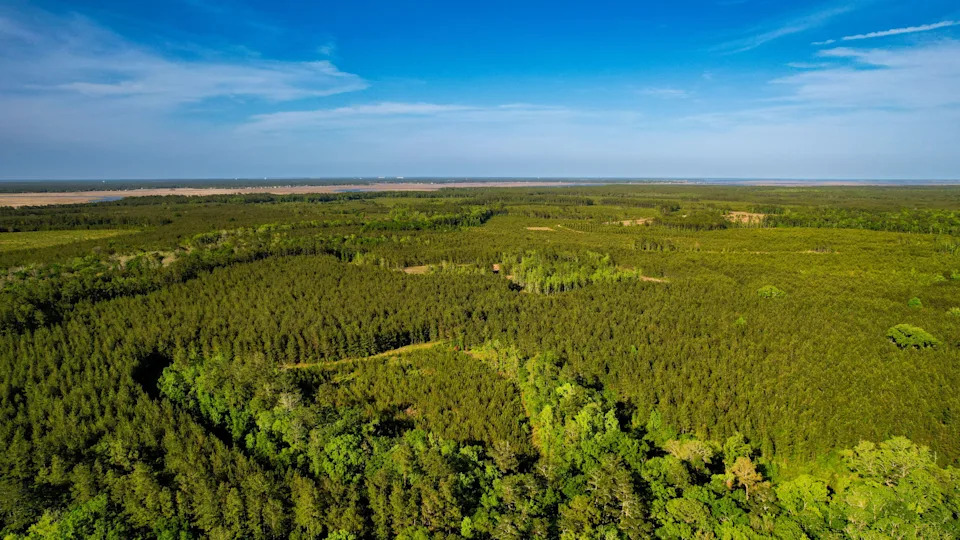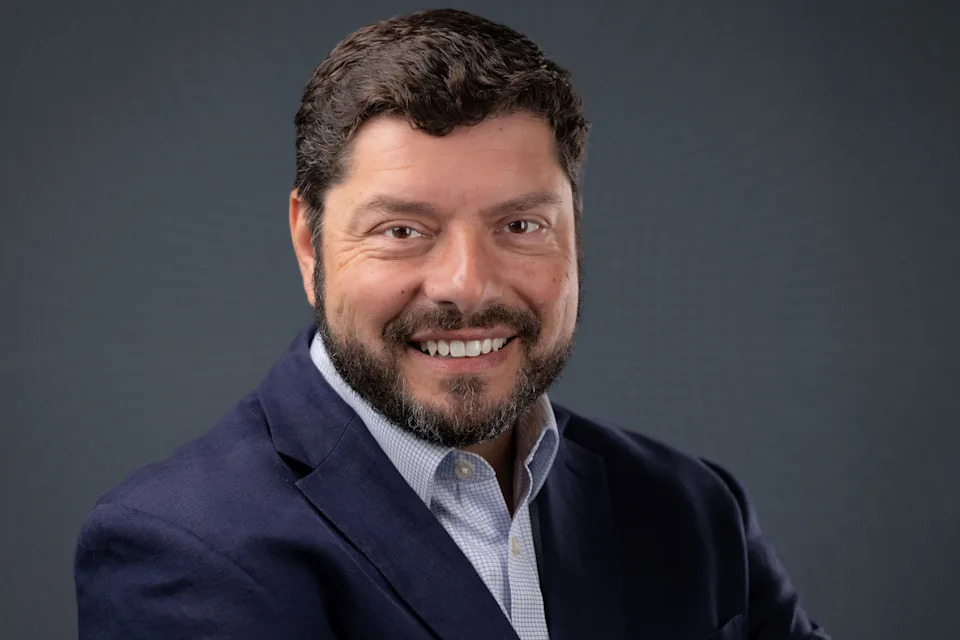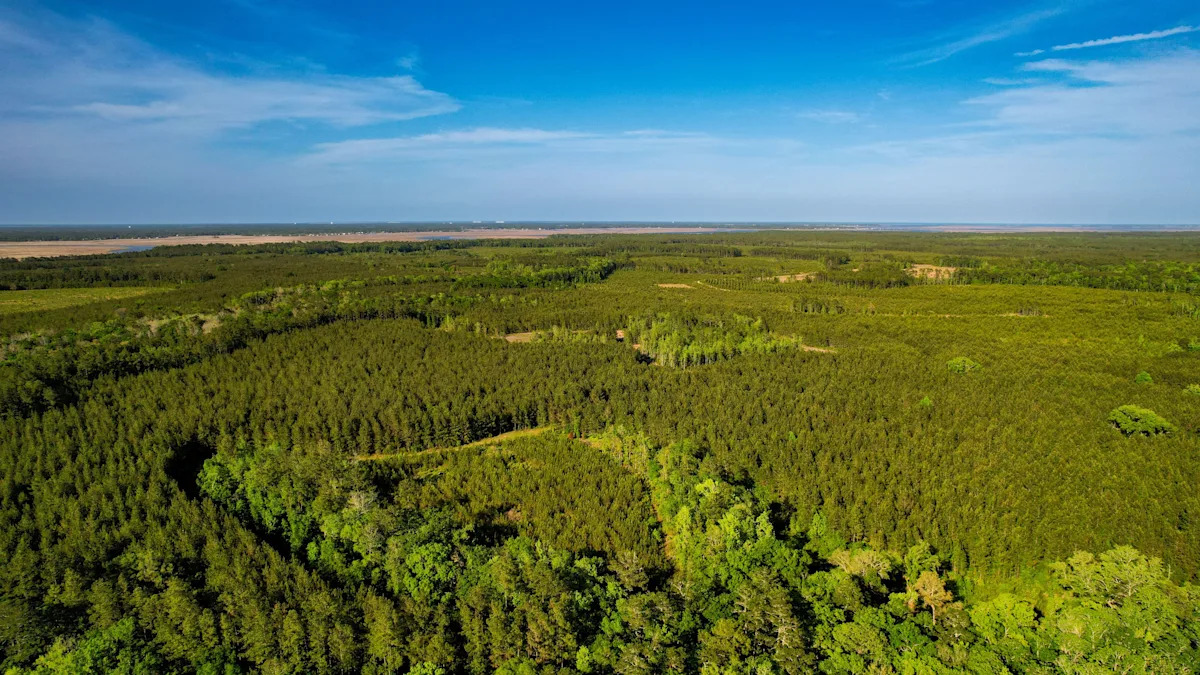Florida is changing fast. Nearly half a million new residents moved here last year, drawn by our natural beauty and strong economy. That growth is a testament to our vitality, but it also presents challenges for local governments and community leaders. Every new resident adds demand for housing, roads, schools, health care, and essential services like water and electricity. Meeting those needs while protecting natural resources and keeping communities resilient takes careful planning.
Consider South Texas, where rapid industrial and residential growth is straining limited water supplies, forcing communities to turn away new businesses and residents, not because they want to, but because they don’t have enough water to support them.
It’s hard to picture water scarcity in Florida, one of the wettest states in the country. But abundance can be deceiving. We can’t take our natural resources for granted, especially during this time of rapid change.
We should look to industries that built Florida’s economy and have sustained its natural resources for generations – forestry among them. Keeping this sector strong through investment, innovation, and community support will ensure working forests continue to deliver critical benefits – from clean water and air to thousands of jobs that support stable local economies.
Water is a good example. Roughly 30% of America’s drinking water comes from privately owned working forests. When managed well, these forests recharge aquifers and keep water flowing, reducing the need for costly purification and treatment that would otherwise burden local governments and taxpayers. It takes a healthy forest products industry, good policy, and smart management to keep that dynamic working.
Economic benefits are just as real. A healthy forest products supply chain—from working forests to loggers, truckers, and mills—supports a strong tax base in the counties where they operate. This means more than steady employment; it means schools, roads, hospitals, and public services are better funded, contributing to a higher quality of life for residents.

Rayonier timberland in Nassau County, Florida.
Rayonier has been part of this story in Florida for nearly a century. In January 2026, in Nassau County, we’ll plant our 1.5 billionth tree, underscoring our commitment to sustainable forestry in Florida and the U.S. Over generations, we’ve learned to manage land responsibly while providing renewable materials like lumber, paper packaging, and plywood that people rely on daily. When managed well, this industry ensures long-term benefits for Florida’s economy.
As times change, forestry must continue to evolve. The future demands new ways to meet society’s needs for energy, housing, and materials. With innovations in renewable wood-based products including energy, our industry is ready to play a bigger role in creating sustainable solutions.
That kind of progress depends on strong local support from communities that understand the value of working forests, from policymakers who encourage manufacturing and research, from universities driving innovation in sustainability, and from consumers who choose sustainable wood and paper products.
When those partnerships are in place, Florida’s forestry sector can keep growing, adapting, and competing on a global scale while continuing to provide the local benefits that have sustained this state for generations.

Andres Villegas
Andres Villegas is a Florida resident and Vice President of Public Affairs and Sustainability at Rayonier. The company owns and manages ~395,000 acres in Florida and is headquartered in Nassau County, FL, about 20 miles north of Jacksonville.
JOIN THE CONVERSATION
Send letters to the editor (up to 200 words) or Your Turn columns (about 500 words) to letters@tallahassee.com. Please include your address for verification purposes only, and if you send a Your Turn, also include a photo and 1-2 line bio of yourself. You can also submit anonymous Zing!s at Tallahassee.com/Zing. Submissions are published on a space-available basis. All submissions may be edited for content, clarity and length, and may also be published by any part of the USA TODAY NETWORK.
This article originally appeared on Tallahassee Democrat: Florida Forests Week: Forestry must adapt to Florida’s needs | Opinion

